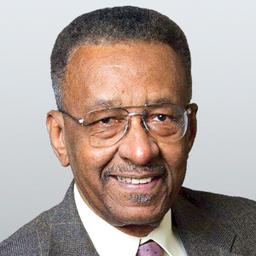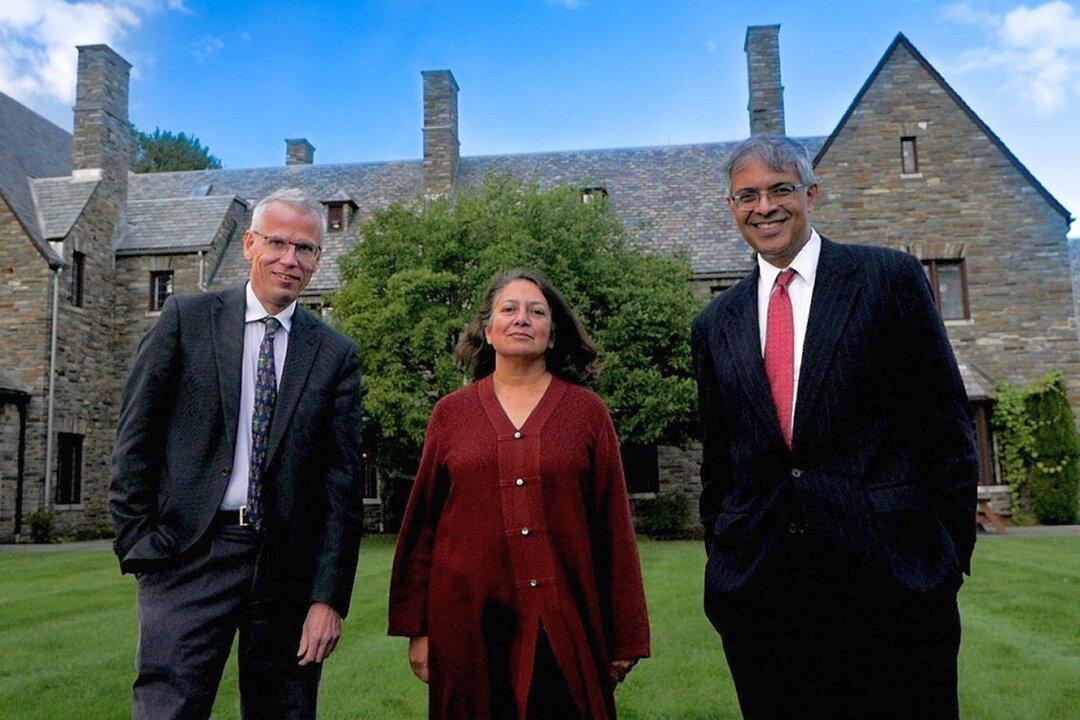Commentary
I was a teenager, growing up in the Richard Allen housing project of North Philadelphia, when Emmett Till was lynched in Money, Mississippi, on Aug. 28, 1955, and his brutalized, unrecognizable body later recovered from the Tallahatchie River.





